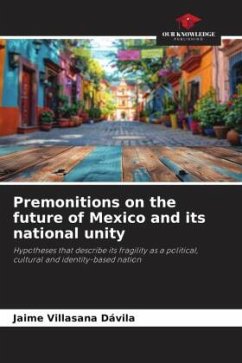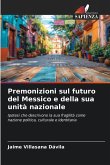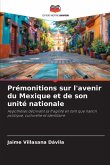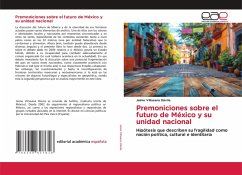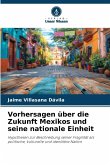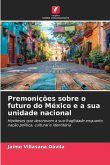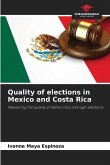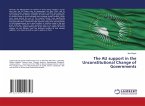The discussion of the future of Mexico and the eternity of its current borders has several elements of analysis. One of them is the local and national values and identities, at times synchronized and at other times not so much, depending on the existing contexts both at the national level and in the 32 different countries (one per state) that shape and nurture it. However, it can also be approached from different angles and this book does so from two. The first is the debate in 2009 as to whether Mexico had a failed State, due to its inability to adequately combat organized crime (which is still the case today). In this non-existent debate was the discussion about a potential fragmentation of the country into several national entities, as clearly happened with Pakistan or Iraq (around the same year) if their respective States collapsed. However, such a questioning and even the reconfiguration of Mexican and American territorial borders is in the visions of some futurists and specialists in geopolitics, being this the second perspective that is analyzed mainly in this book.
Bitte wählen Sie Ihr Anliegen aus.
Rechnungen
Retourenschein anfordern
Bestellstatus
Storno

